

Happy midweek! 
AI wants your job.
Okay, not your job (we hope), but call center agents might want to watch their backs. Meanwhile, Temu’s making a payment play in Nigeria, and KCB is scooping up a majority stake in Riverbank.
Shall we?

M&A
KCB acquires 75% of Riverbank Solutions
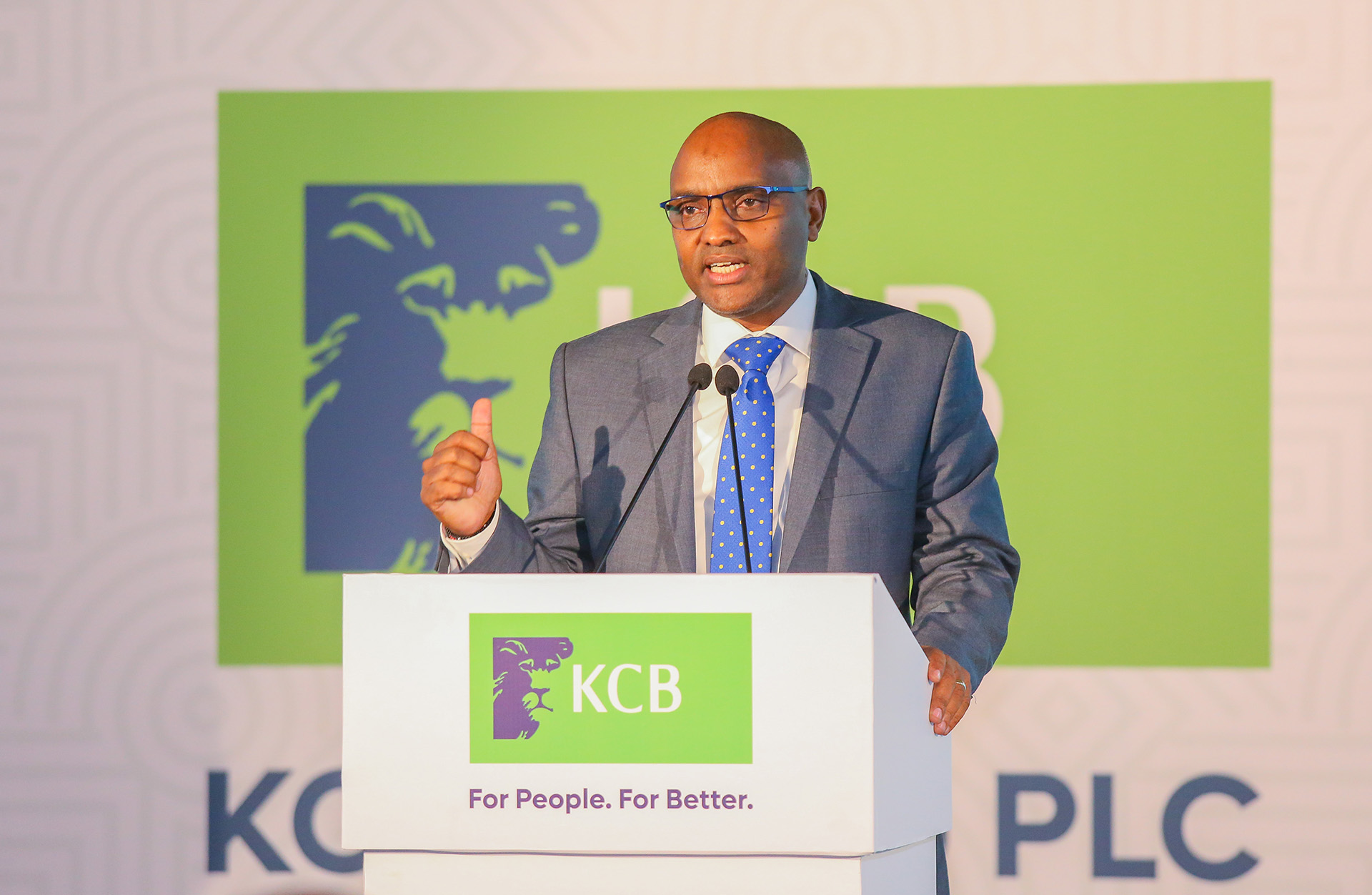
What do Nigeria’s and Kenya’s banking industries have in common right now?
Both countries are forcing banks to recapitalise. While Nigeria is only twelve months away from its March 2026 deadline, Kenya’s finance committee is trying to approve KES10 billion ($78 million) as the threshold for banks to recapitalise within three years.
Recapitalisation can save a whole banking sector and prevent retail customers from losing confidence in the system. Yet, it is a nerve-wracking process for small banks. But not for KCB; not for Kenya’s largest bank by assets which, instead of keeping and raising more money for the recapitalisation exercise, has chosen to stray to the opposite side and complete a 75% acquisition of Riverbank Solutions, a Kenyan payments solutions provider, for $15.4 million.
But it’s not hard to see why KCB bagged the deal. Riverbank Solutions offers payment systems to a diverse clientele, including manufacturers, microfinance institutions, retailers, county governments, and the military. Operating in Kenya, Uganda, and Rwanda, the company has been a key partner for KCB since 2013, particularly in agency banking services.
The acquisition will allow KCB to expand its digital service offerings, particularly to government counties. Counties, being public institutions, process large transactions, which could be a useful clientele for KCB, giving the bank an edge over other commercial banks focused on retail investors. There is also the possibility for KCB to upsell its new corporate clients on its wealth management services through its subsidiary, KCB Capital Ltd, keeping its high-value customers in a closed loop system.
The acquisition of Riverbank may have eaten deep into KCB’s pocket, but it is a minor dent compared to what it makes annually. In 2024, the bank’s profit after tax was KES 61.8 billion ($478 million) following strong business growth. Its cash flow position remains positive, and if the acquisition were to come back to bite KCB during the anticipated recapitalisation exercise—which is unlikely—the bank is owned by a holding company, KCB Group, which is willing to step in with a cash injection to balance its capital adequacy ratio, as we’ve seen in the past.
Are you a freelancer or a remote worker?
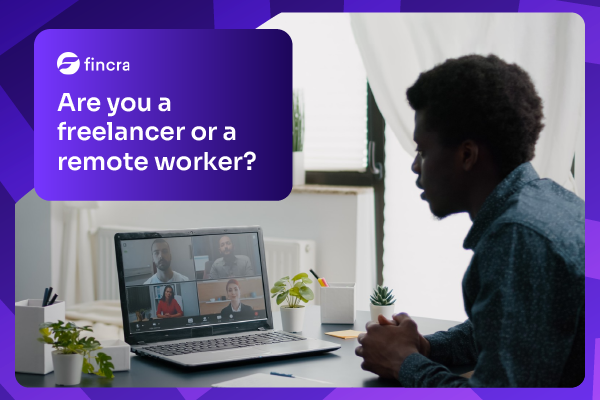
Fincra wants to understand the challenges and opportunities related to cross-border work payments for freelancers and remote workers in Nigeria. Please take just a few minutes to complete this survey.
Startups
Caantin wants to do the talking for call centres

When AI became mainstream—thanks to ChatGPT’s viral launch in November 2022—the touted narrative was that AI was going to take your job. There’s no sugar-coating it; that might become the reality for business process outsourcing (BPO) firms and call centres across Africa if AI voice startups like Caantin perfect their tech.
Caantin, the Zambian AI communications company, wants to help businesses reduce the cost of making phone calls daily. The Zambian startup launched in 2021 is building voice bots that can make thousands of phone calls a day for businesses—from fintechs chasing loan repayments to FMCG brands managing daily retail orders.
TechCabal’s startup reporter, Faith Omoniyi, had a go at using the incredibly human-sounding AI voice bots by role-playing a mom-and-pop shop placing orders. The experience was surprisingly natural, complete with human-like intonations, pauses, and interruptions.
Still, the product isn’t perfect yet. Conversations can occasionally fall flat, and the price—₦117 ($0.076) per minute in Nigeria—is nearly nine times what telecom operators charge in the country. Caantin defends its pricing, citing the cost of running human-staffed call centres. It claims fintech Cowrywise completed 100,000 calls with one employee using the tool.
If Caantin pulls it off, Africa’s call centres may have more than dropped calls to worry about.
Introducing Paystack’s new consumer app — Zap!
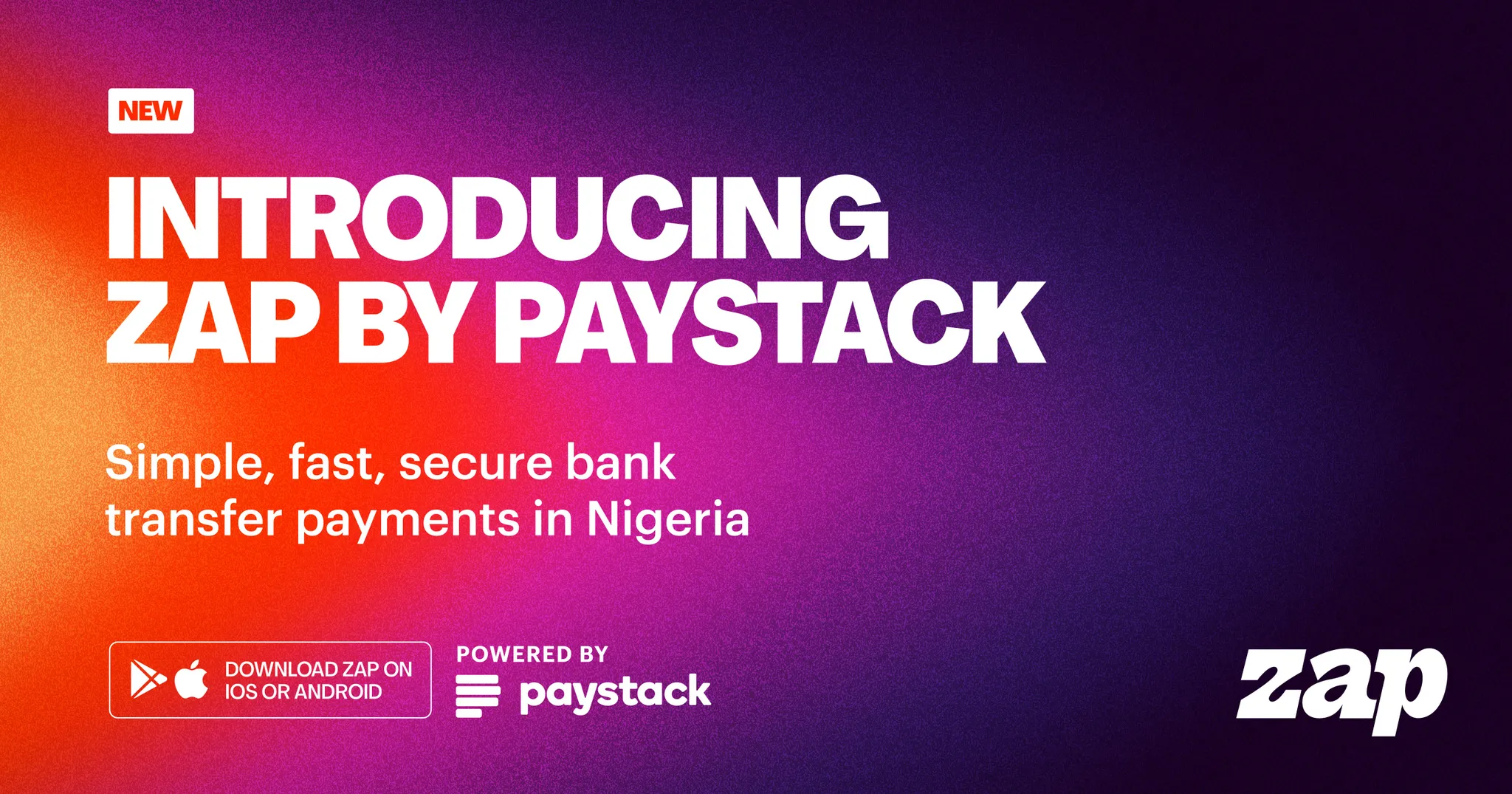
Zap by Paystack is a mobile app for instant, secure payments via bank transfers. Download Zap on Android and iOS →
E-commerce
Temu partners with Interswitch’s Verve
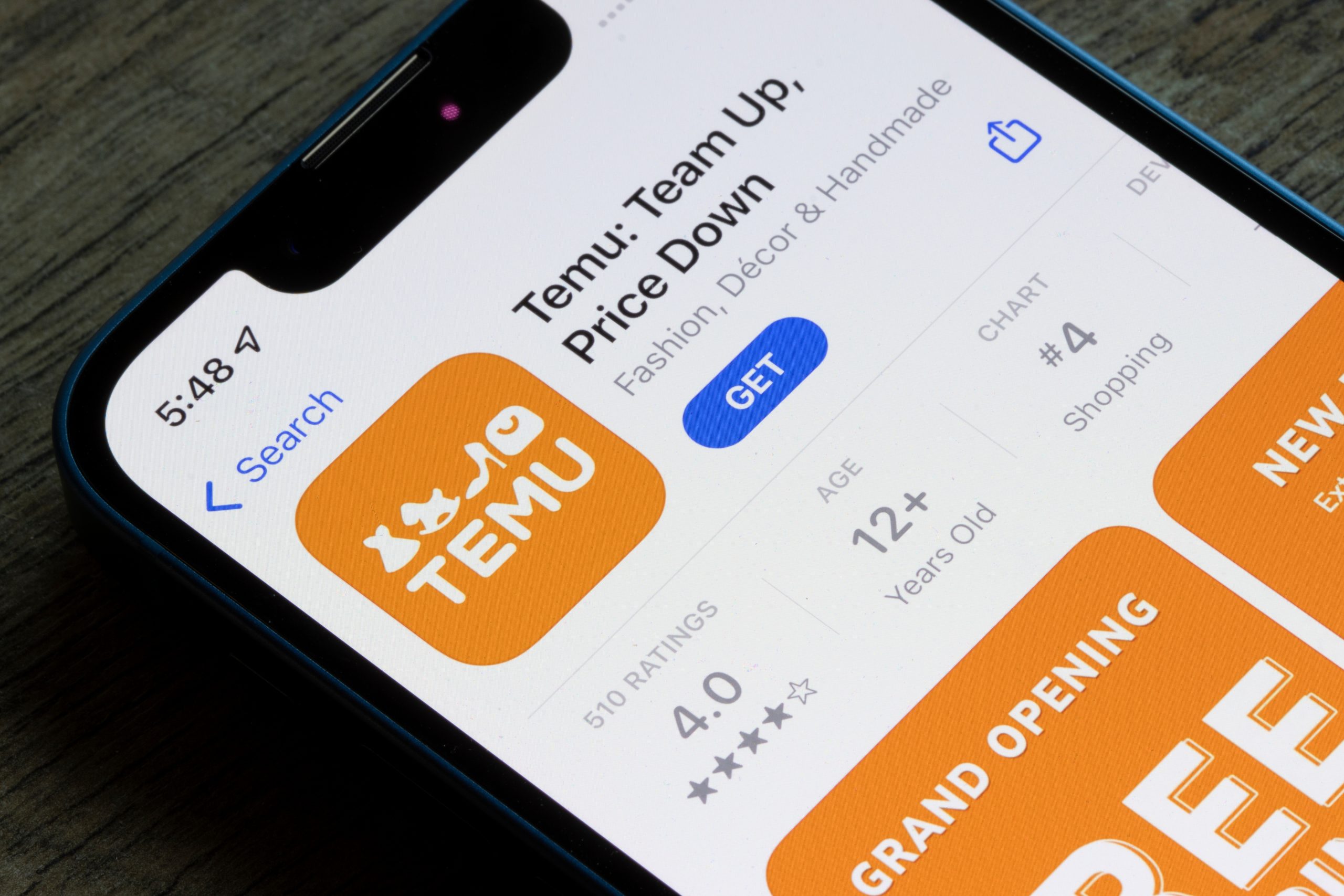
Like customer behaviour, market trends are fleeting. Today, you’re excited to be the first to provide a new technology (read: contactless payments); tomorrow, the market tide shifts back to the old-school tech you thought was dying. Case in point: Temu, the Chinese e-commerce startup you can’t get out of your ad streams, has partnered with Nigerian card provider Verve.
For years, local Nigerian cards were a giant pain because they didn’t work for international transactions. Banks and regulators restricted them to domestic use, making it difficult to pay for global services, subscriptions, and travel. Banks weren’t concerned; they weren’t trying to crack international payments or bring the exclusivity of dollar-denominated cards to the average Nigerian. GTBank, a tier 1 lender, stopped international transactions on its naira-denominated Mastercards on December 31, 2022.
But for fintechs which exist to somehow make life easier for customers neglected by banks, this became a problem to solve. In the following years, the popularity of USD virtual cards—which allow customers to convert their local currency, hold dollars, and make international payments—took off.
Fintechs plugged into card infrastructure providers like Alcineo, partnered with Visa and MasterCard, or used overlay solutions with USD virtual card issuers like Bridgecard. Soon, their selling proposition became: Get USD virtual cards, shop online—followed by a list of international platforms that punctuated marketing copies.
Yet, local card scheme Verve, owned by payments giant Interswitch, remained in the lead—mostly thanks to banks that handed them out indiscriminately, it came right out of the box for Nigerians who bought new cards. Worse for fintechs, integrating foreign cards meant paying hefty fees in dollars which they passed on to customers. This is why you paid a small token in fees when you sneezed with your fancy virtual USD card.
But the black eye may get even blacker for fintechs. With international merchants like Temu partnering with Verve, the demand for USD virtual cards could shrink as Nigerians embrace local options. Temu’s move could affect Amazon which still doesn’t have a friction-free way for Nigerians to buy items on its platform. But for local players like Jumia and Konga—whose embedded finance apps already support local payments—it’s just another day in business, no problem.
Tech Unite Africa 2025 is here!
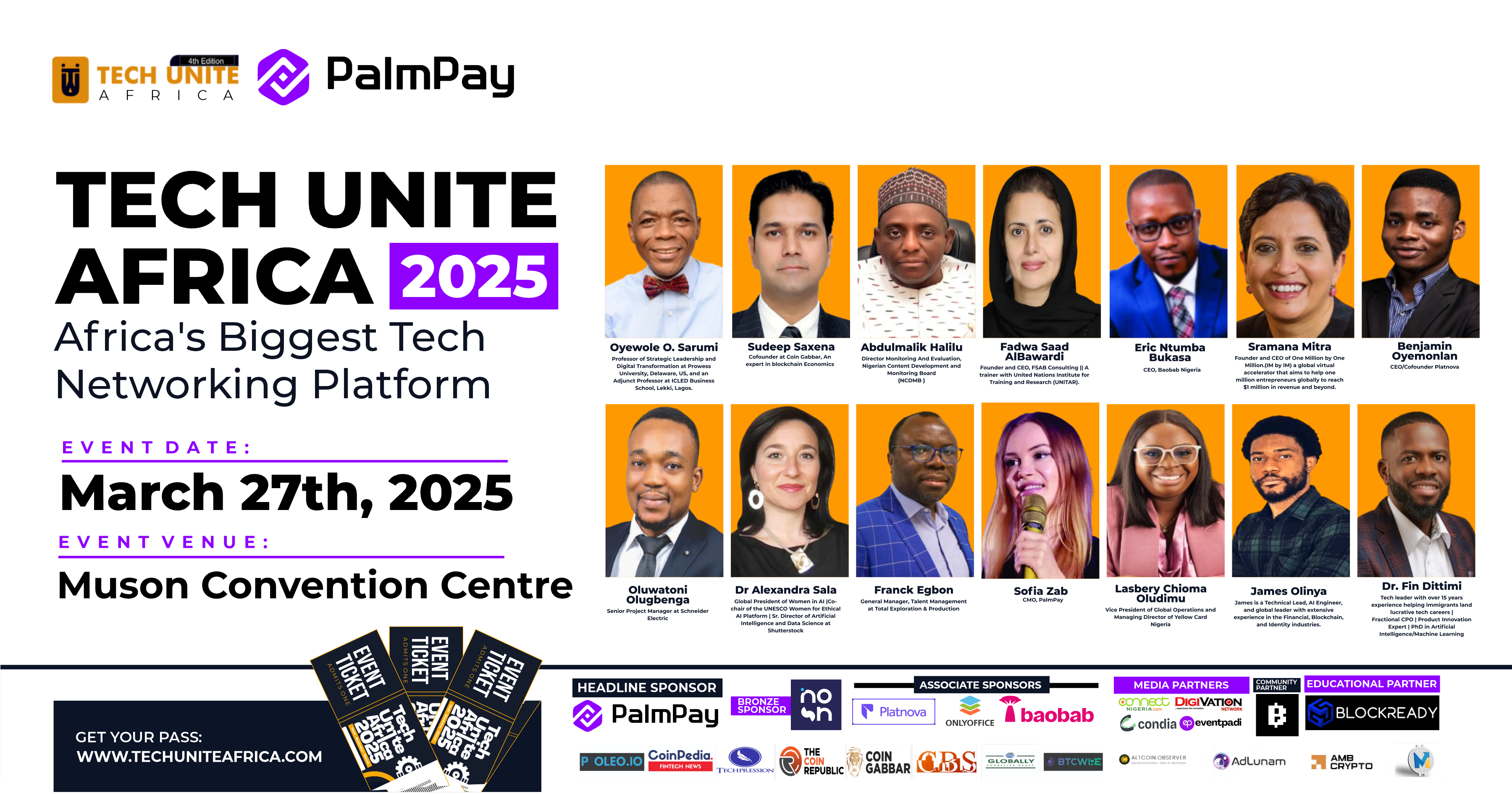
Tech Unite Africa 2025 is here! Join us on March 27, 2025, at Muson Convention Center, Lagos. Register now to get exclusive perks from PalmPay and other sponsors. Don’t miss this chance to connect with top innovators and industry leaders! #TechUniteAfrica2025
CRYPTO TRACKER
The World Wide Web3
Source:

|
Coin Name |
Current Value |
Day |
Month |
|---|---|---|---|
| $87,253 |
+ 0.85% |
– 8.64% |
|
| $2,050 |
+ 0.38% |
– 24.52% |
|
| $628.47 |
– 1.60% |
– 2.69% |
|
| $141.86 |
+ 2.46% |
– 11.60% |
* Data as of 05.00 AM WAT, March 26, 2025.
Get notified when the Moonshot Deal Book goes live
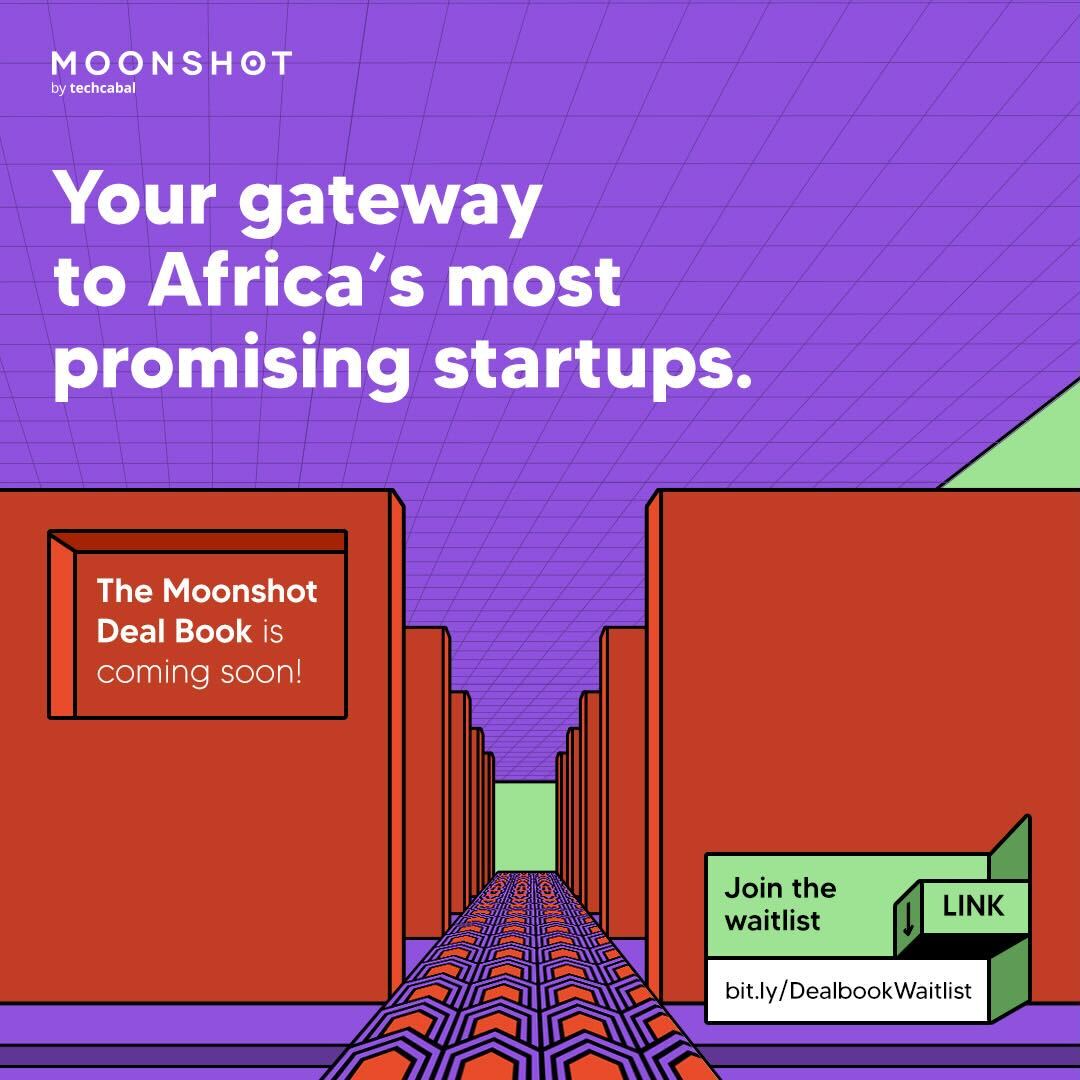
The Moonshot Book Dealbook is lauching very soon. Packed with a handpicked selection of the most promising startups, this exclusive resource is designed to connect top investors with high-potential opportunities. If you’re interested in being among the first to access the TC Dealbook, sign up on our waitlist today!
Opportunities
- Lagos Innovates (LSETF) is offering workspace vouchers to startups in Lagos to ease rising operational costs. Startups can access subsidised co-working spaces with reliable internet, power, and a supportive entrepreneurial community. The program is open to Lagos-based startups looking to reduce overheads and focus on growth. Apply now.
- After successes like Jamit, Pokecoin, and Tomachain, Lisk and CV Labs are back inviting African Web3 startups to apply for Batch 2 of the Lisk Blockchain Incubation Hub. The six-month program offers up to $20,000 in grants per project, mentorship, and access to additional funding of up to $100,000. Applications close on April 12, 2025, with the cohort starting on May 19, 2025. Apply here.
- PaidHR’s latest report, “The Price of Being a Working Woman,” examines the financial and social challenges faced by women in the workplace.The study highlights the ‘Period Tax,’ revealing that 80% of workplaces do not provide menstrual health support, leading to missed workdays and discomfort.Additionally, the ‘Beauty Tax’ indicates that women incur higher costs to meet professional appearance standards, averaging four maintenance activities compared to men’s two. The report calls for policies to address these gender-based challenges. Read the report.
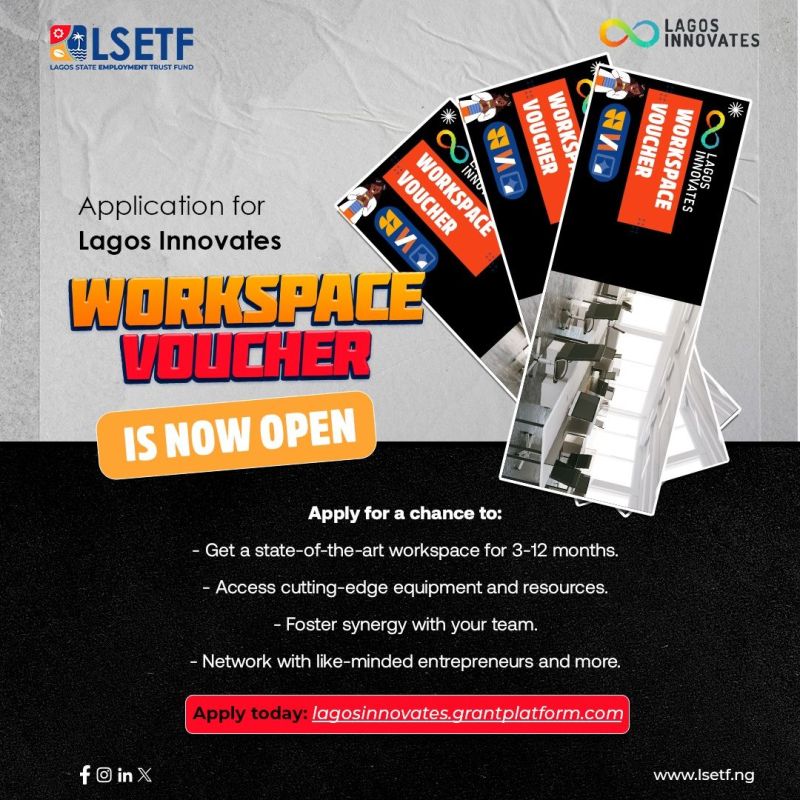


Written by: Emmanuel Nwosu and Faith Omoniyi
Edited by: Fu’ad Lawal
Want more of TechCabal?
Sign up for our insightful newsletters on the business and economy of tech in Africa.
- The Next Wave: futuristic analysis of the business of tech in Africa.
- TC Scoops: breaking news from TechCabal
P:S If you’re often missing TC Daily in your inbox, check your Promotions folder and move any edition of TC Daily from “Promotions” to your “Main” or “Primary” folder and TC Daily will always come to you.

from TechCabal https://ift.tt/JeDKnh7
via IFTTT




Write your views on this post and share it. ConversionConversion EmoticonEmoticon